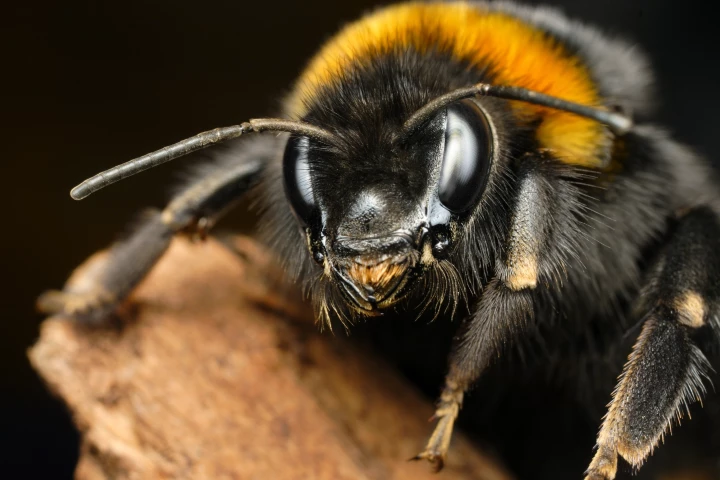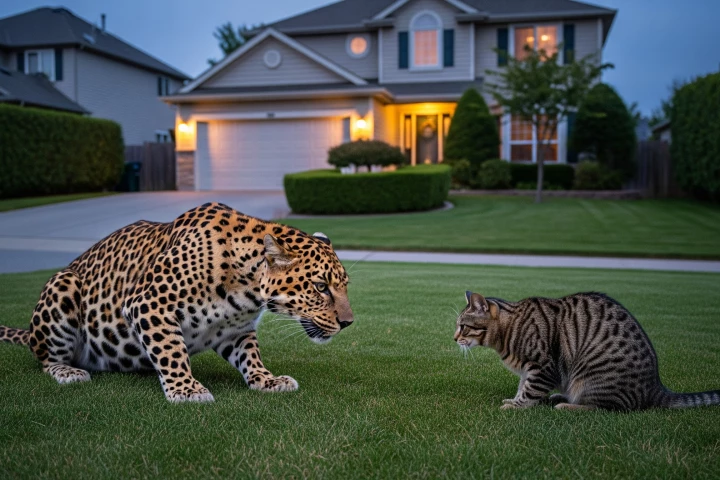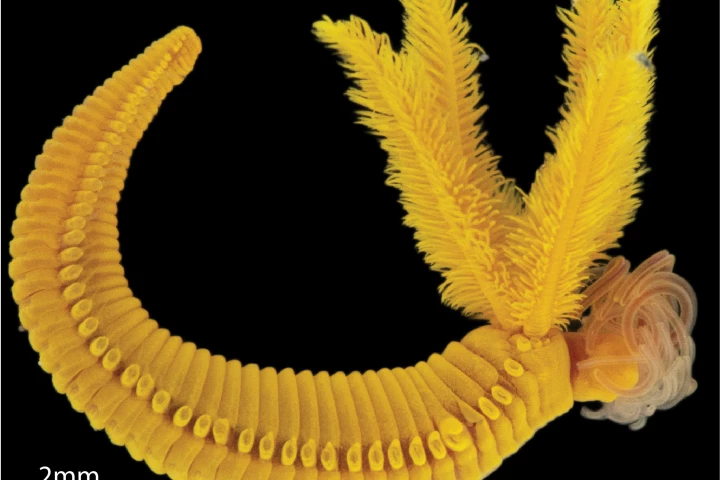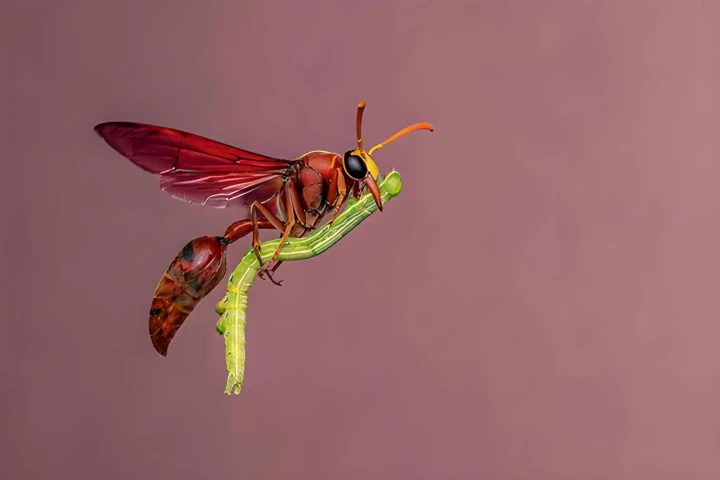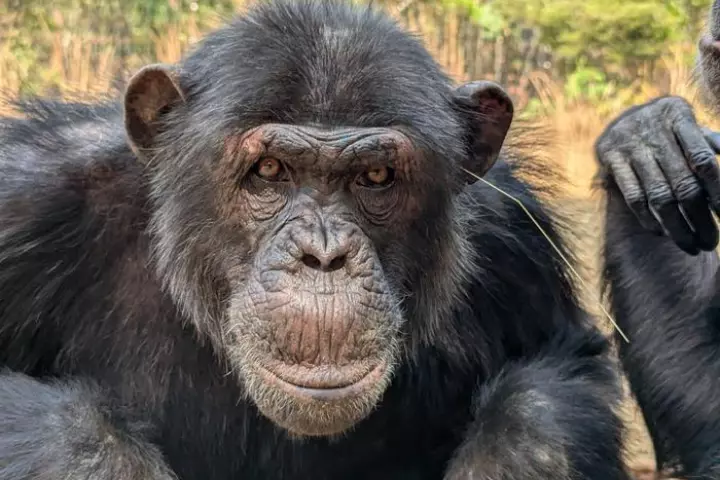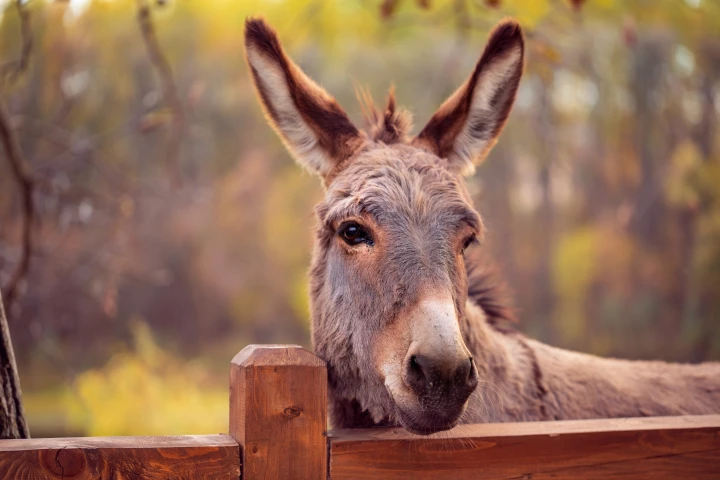Animals
-
For more than a century, biologists assumed that the bony plates found in the skin of lizards – nature's chain mail – were an ancient feature that some lineages inherited and others later lost. But new evidence suggests this is entirely wrong.
-
Spelling F-O-O-D or O-U-T might only get you so far around your dog if he or she is considered a Gifted Word Learner. Researchers have just figured out that even when you're not talking to them directly, they're still acquiring new terms.
-
In a groundbreaking new study, scientists took a closer look at how bumble bees respond to positive experiences inside the nest. They found positive attitudes are quite literally contagious, spreading between bees within seconds.
-
In recent months, AI-generated wildlife clips have flooded social media, merging real animal behavior with playful fabrications but scientists warn that these digital deepfakes can distort people’s sense of what the natural world looks like.
-
At the bottom of the ocean, where metal-rich hydrothermal vents exhale poison, a bright yellow worm has mastered an impossible art: turning lethal elements into armor. Meet Paralvinella hessleri, the deep-sea super-worm that turns arsenic into crystal.
-
We're getting down to the business end of one of the best annual photography competitions, the 2025 Nikon Comedy Wildlife Awards. After a massive 10,000 entries this year, the finalists have been unveiled – and we've picked out our funny favorites.
-
Large rock-face murals scattered across the desert represent one of the most ambitious – and perilous – creative feats of ancient humans, with researchers arguing the massive carvings acted as visual beacons, guiding people to crucial water sources.
-
Everybody knows that dogs can learn to associate spoken words with objects that look a certain way. A new study, however, shows that some gifted dogs can also match given spoken words to dissimilar-looking objects that perform certain functions.
-
Every year, the Natural History Museum in London dazzles wildlife lovers with the best-of-the-best photographs of the natural world. This year is no exception, and we've got a riveting preview for you ahead of October's award ceremony.
-
Forget flowers and chocolate – in the spider world, courtship survival is the ultimate gift. Scientists have discovered a new genus of tarantula and its defining feature is a supersized sperm-delivery arm nearly four times the length of their body plate.
-
Back in 2010, one bold chimp at a sanctuary in Zambia started a curious trend: she stuck a blade of grass in her ear ... and left it there. No reason. Then more chimps started copying her, and blades of grass appeared in other parts of their body.
-
It turns out that donkeys are exceptionally good at repelling deer ticks. Now, researchers at the University of Massachusetts Amherst have harnessed that ability to create a natural bug repellent that proved as effective as DEET at fighting the pests.
Load More


